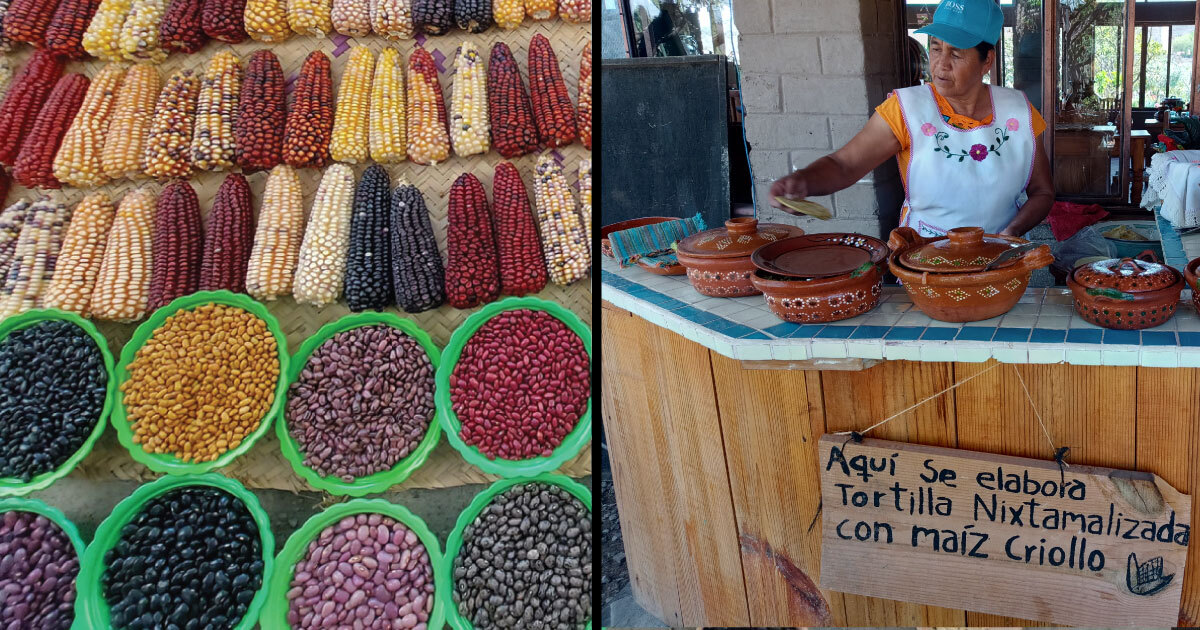
The U.S.-Mexico Tortilla War
A trade dispute puts a spotlight on food sovereignty, GMOs, a controversial weedkiller, public health, and the fate of Mexico’s iconic white-corn flatbread
May 28, 2024 | Source: The Fern | by Alexander Zaitchik
Do nations have the right to determine their own food policies? Can they make laws to safeguard domestic agriculture, public health, the environment, and the genetic integrity of the national diet?
If sovereignty means anything, the answer to these questions is yes. Defending food supplies is an ancient cornerstone of the social contract, one enshrined in 21st century trade pacts including the US-Mexico-Canada Agreement, the successor to NAFTA. In December 2023, Mexican President Andrés Manuel López Obrador invoked this right when he banned genetically modified corn for human consumption and phased out the use of glyphosate, GM corn’s signature herbicide, which the World Health Organization calls “probably carcinogenic to humans.” The measure, said López Obrador, was necessary to guarantee Mexicans’ “rights to health and a healthy environment, native corn, [and] ensure a nutritious, sufficient, and quality diet.”
If GM corn and glyphosate pose health risks to humans, as suggested by a growing body of research, then those risks are magnified in Mexico, where the national diet revolves around minimally processed white corn, especially in the form of its iconic flatbread, the tortilla. Corn meal accounts for more than 60 percent of the average Mexican’s daily calories and protein, which is roughly 10 times the US average and puts Mexicans at 10 times the risk.
